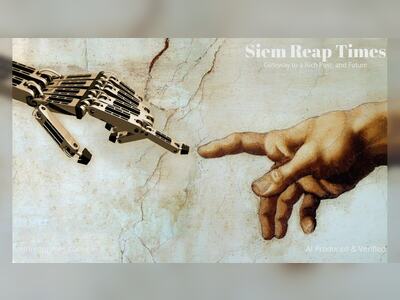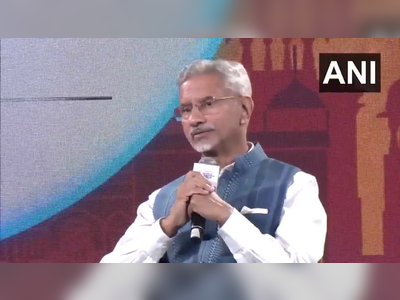A Robot to Give Birth: The Chinese Announcement That Shakes the World
The Chinese company Kaiwa Technology has unveiled a concept for a humanoid robot equipped with an artificial womb designed to carry a human fetus to full term. The announcement raised hopes among couples facing fertility challenges but also provoked serious concerns about moral and social implications. Despite optimism, experts state that the technology is still far from full implementation.
At the World Robot Conference, Kaiwa Technology introduced a groundbreaking concept that triggered wide public debate: a humanoid robot containing an embedded artificial womb intended to sustain a fetus for ten months of pregnancy and deliver a human baby. The robot, priced at around fourteen thousand dollars, is presented as a potentially low-cost alternative to human surrogacy, offering millions of couples worldwide a path to parenthood. The announcement generated both anticipation and deep unease.
The company’s founder and CEO, Dr. Zhang Qifeng, claimed the robot is a complex system that simulates the entire human pregnancy process, from fertilization to birth. According to him, the technology is already mature, and the remaining step is to integrate it into a robotic body.
The development is seen as significant in China, a country that until recently faced overpopulation and imposed birth limits, but where today the situation has reversed. Approximately eighteen percent of couples in China experience low fertility and difficulty conceiving children.
The announcement ignited public debate on social media, dividing opinion between enthusiastic supporters who viewed the robot as a breakthrough solution to the growing fertility crisis, and critics who voiced concerns about ethical, social, and legal consequences. Skeptics raised questions about the emotional bond between mother and child and warned of the risk of creating “production lines” for babies at low cost. Medical experts pointed out that science remains far from replicating the complex biological systems of natural pregnancy, such as hormonal and immunological processes, or the impact of maternal-fetal bonding.
Zhang, who founded the company with the goal of addressing China’s declining birth rates, stated that he is in talks with authorities in Guangdong province to develop appropriate policy frameworks, and that the company has submitted regulatory proposals on the issue.
Although bold, the announcement relies largely on reports from Chinese and Korean media outlets, with some early publications already removed from news sites. Experts remain skeptical about the immediate application of the technology, as Chinese law currently prohibits growing human embryos in artificial wombs beyond two weeks.
Meanwhile, other research groups around the world are making significant advances in fertility and childbirth science. Scientists at the Institute for Bioengineering of Catalonia (IBEC) in Spain recently documented in real time the process of a human embryo implanting into womb-like tissue. The rare study, published in the journal Nature Communications, showed that the embryo is not passive but actively “digs” and “pulls” itself into the tissue, with stronger embryos exerting more force, an indicator of pregnancy success.
These findings shed light on one of the main weaknesses in human fertility: about sixty percent of pregnancies fail at the implantation stage. A deeper understanding of this process may lead to major improvements in fertility treatments, especially in in vitro fertilization (IVF), where implantation success rates of quality embryos do not exceed eighty percent.
As of now, artificial womb technology remains far from ready for use in full human pregnancies, primarily due to ethical and regulatory barriers. Research in the field has only managed to sustain fetal life for short periods, as demonstrated in experiments with sheep embryos. This futuristic technology raises complex questions about the mother-child bond, human trafficking, and even the very definition of family.











